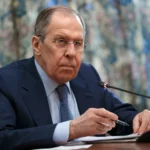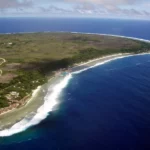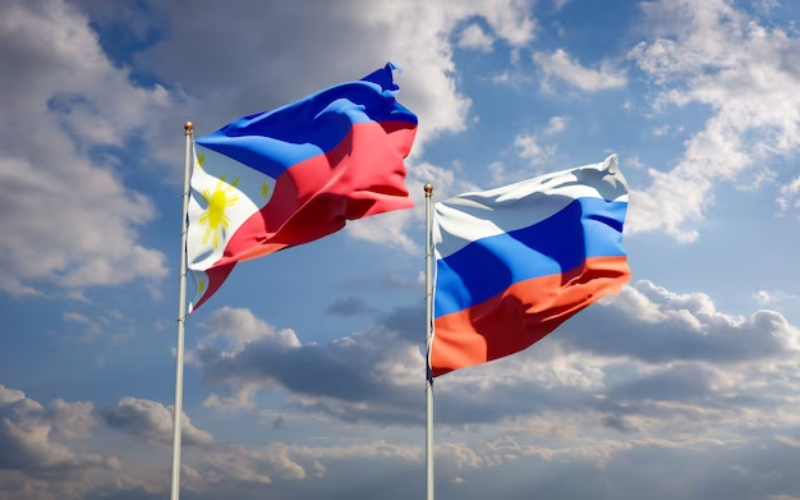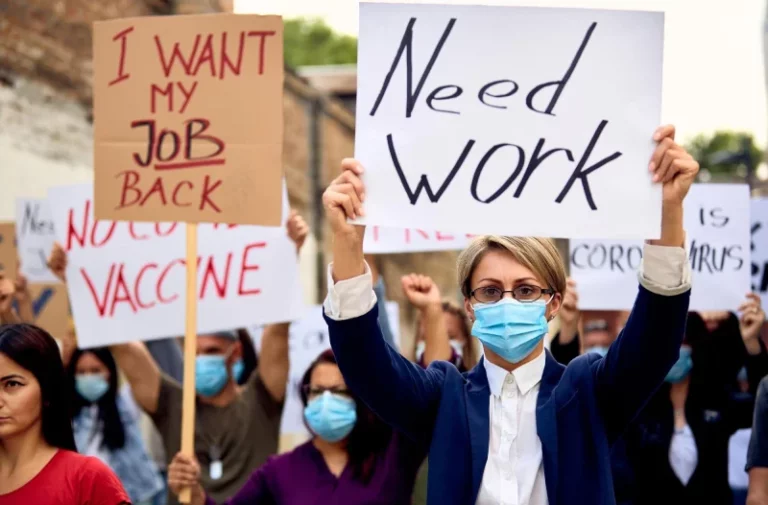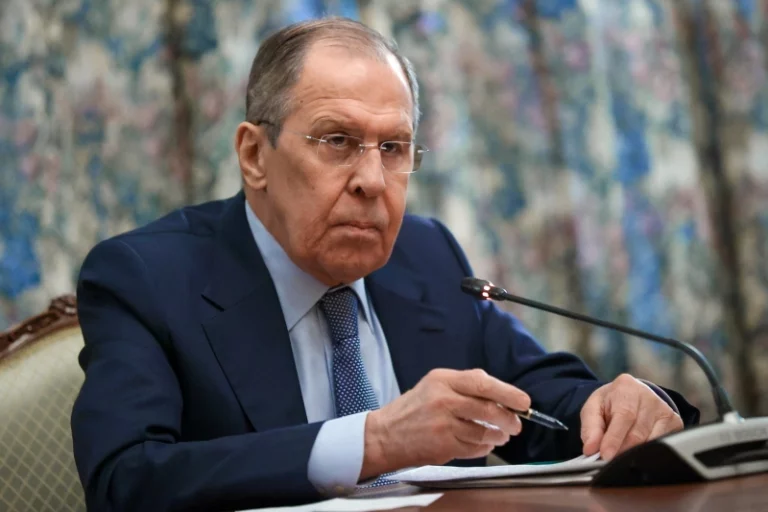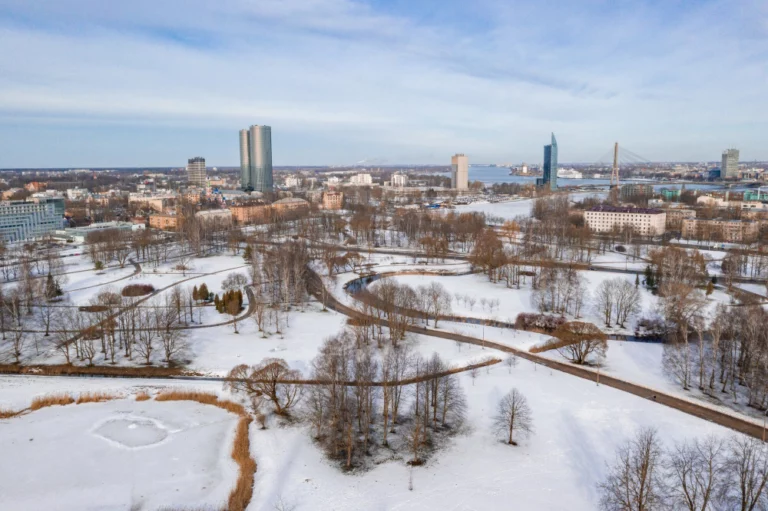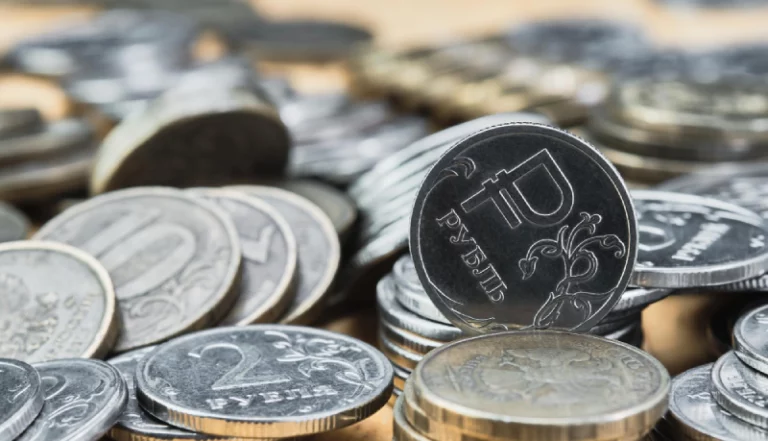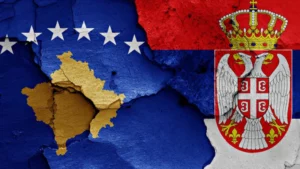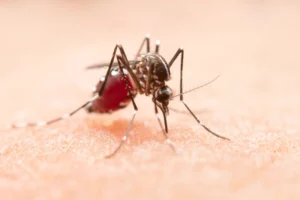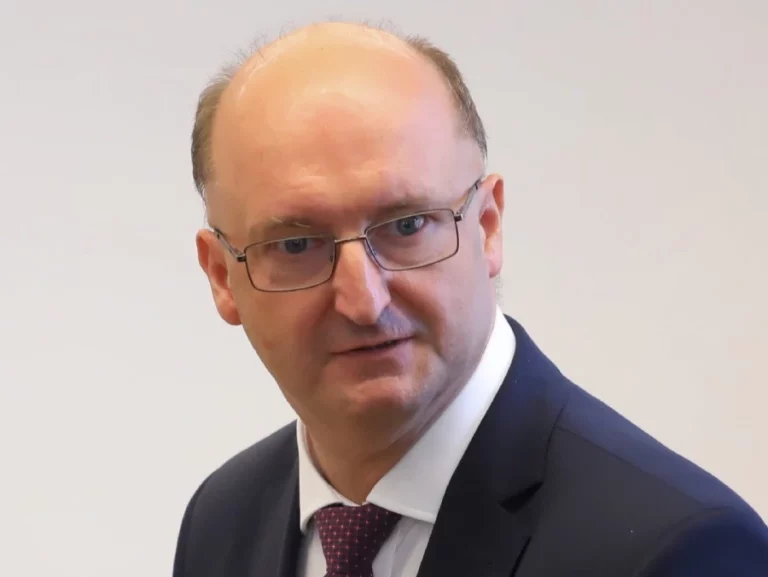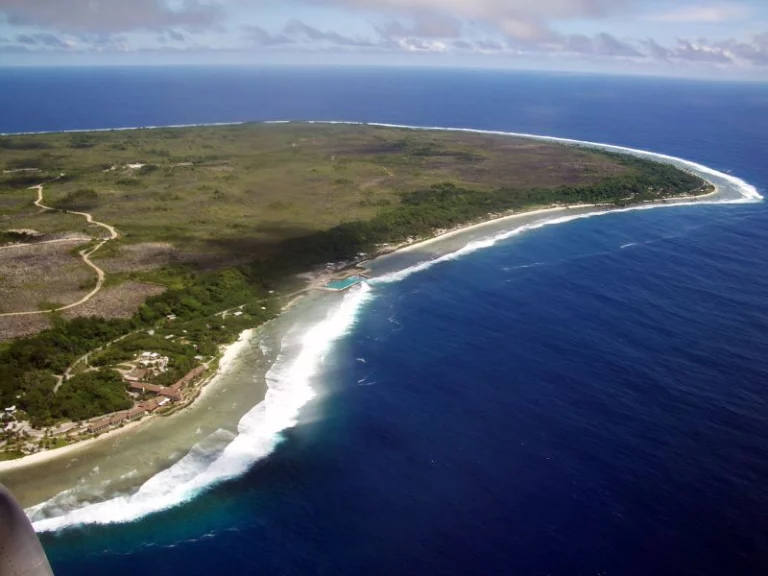After a four-year hiatus, the governments of Russia and the Philippines have convened a two-day trade and economic meeting, signaling Moscow’s renewed interest in Southeast Asia for economic partnerships.
The 3rd Philippine-Russia Joint Commission on Trade and Economic Cooperation (JCTEC) meeting, co-chaired by Russian Deputy Minister of Industry and Trade Alexey Gruzdev and Philippine Trade Undersecretary Ceferino Rodolfo, took place in the Philippines from October 4 to 5, Philippine News Agency reports.
Exploring diverse economic collaboration
During the meeting, both sides outlined their priorities and explored potential areas of cooperation, including mining, the automotive sector, pharmaceuticals, and agriculture. Gruzdev emphasized the importance of businesses becoming the drivers of these collaborations, highlighting that it ultimately falls on them to invest, trade, buy, and sell.
Expanding trade horizons
Russia expressed its interest in increasing and diversifying its imports from the Philippines, transitioning beyond canned tuna to encompass more tropical fruits. Currently, over 15 percent of the Philippines’ exports to Russia consist of agricultural products, and there is a mutual interest in expanding and diversifying this category to tap into Russia’s substantial consumer market.
Meat and more wheat
On the flip side, Moscow is eager to establish the Philippines as a market for its meat products. Russia is prepared to compete with traditional suppliers and assures the Philippines of high-quality meat, including pork, beef, and poultry, offered at competitive prices. Additionally, Russia intends to supply the Philippine market with more goods, including wheat and metal products, aligning its trade strategies with geopolitical changes and focusing on friendly countries.
Trade trends and prospects
Although the value of trade between Russia and the Philippines decreased to USD 857 million in 2022 from at least USD 1.16 billion in 2021, Gruzdev highlighted that evaluating bilateral trade solely based on value is no longer accurate. Fluctuations in international markets for commodities like fertilizers, oil, and minerals have contributed to this change. However, there has been a significant increase in the physical volume of trade, with both exports and imports witnessing growth. This year, the trend has been favorable for the Philippines, with supplies to Russia increasing by nearly 20 percent in the first seven months.
Future cooperation and venue
The JCTEC meeting had been suspended for four years due to COVID-19 constraints, but both parties expressed their intent to convene it annually, with Moscow as the host in 2024. The last JCTEC dialogue took place in August 2019, and while no new agreements were signed this year, the focus was on key issues and setting the stage for further discussions.
The meeting included officials from various Philippine government departments, such as Foreign Affairs, Energy, Information and Communications Technology, and Health. Gruzdev was accompanied by representatives from over 30 Russian companies and institutions, highlighting the enthusiasm on both sides to reinvigorate bilateral economic ties.
Meanwhile, Russia is not the only country courting the Philippines as Montenegro’s premier Dritan Abazovíc, has met with Philippine President Ferdinand Marcos Jr. in hopes to forge strong bilateral ties between countries.

